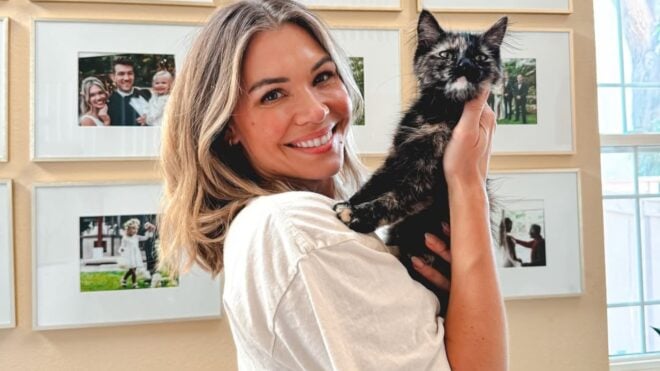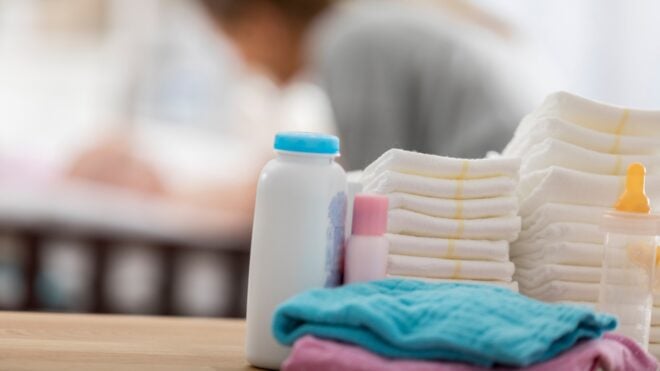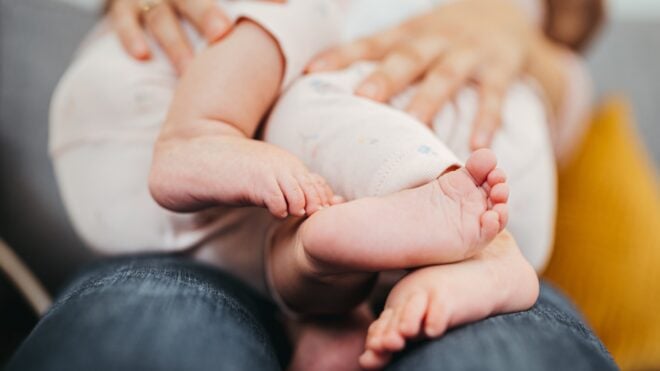
In this article
While the coronavirus has been around since the 1960s, with the most dangerous strains emerging in 2003, this new strain, known as COVID-19, has everybody in panic mode. One of the best ways to protect yourself and your family against the coronavirus is to have a good hand-washing regimen. Everyone should be washing their hands often and correctly. Here’s everything you need to know about hand-washing.
How to wash your hands

Friction is key to effective hand-washing
Many years ago, a friend was reminding her grandson to rub his hands together vigorously before he ate dinner. She had been told by her doctor that the friction and heat created vigorously rubbing your hands together for 20 seconds was as effective (if not more effective) in killing germs than hand-washing. While this made sense to a certain degree to me, old habits die hard and I went to the bathroom to wash my hands before dinner.
More recently, we’ve seen a lot more talk about the friction used when washing your hands. The reality is the rubbing of your hands together when washing your hands along with the soap is the best defense against germs.
It’s important to “pay particular attention to your nails and between your fingers,” Mariea Snell, assistant director of the Online Doctor of Nursing Practice program at Maryville University, told Mom.com. “The friction created by washing is very important, so be sure to rub your hands together briskly.”
Don’t rush
It doesn’t take much for the friction to help fight against germs. In fact, 20 to 30 seconds is the minimum recommended time to vigorously rub your hands together as you are lathering with soap. My grandmother, who is 101 years old, was told by her doctor to sing the “Happy Birthday” song as she was washing her hands, making sure that she was rubbing her hands long enough to kill any germs. I guess when you’re 101 years old, every day is like a birthday. Little did we realize that the CDC recommends humming the joyous tune not once, but twice.
Note: If you get tired of singing “Happy Birthday” (it will get tiresome after the 1000th time), apparently the choruses from Prince’s “Raspberry Beret” and Beyoncé’s “Love on Top” work just as well.
Best soap to use when washing your hands
According to the Minnesota Department of Health, there is no significant difference between using antibacterial soap and regular soap when washing your hands to fight germs outside of medical settings. The reason health care provider settings may need antibacterial soap is a higher concentration of potential germs and bacteria found in those locations.
Using an antibacterial soap is thought by some to cause antibacterial resistance, but there’s no evidence that fully supports this claim. Some scientists do believe, however, that the use of antibacterial soap can cause or contribute to the development of antibiotic-resistant germs.
When to wash your hands

We can’t say it enough: Washing your hands frequently and correctly will be the best defense in preventing the spread of coronavirus, the flu, and all of those other germs that try to attack us. This means washing your hands before and during cooking, before eating, after coming into contact with a variety of community utensils, objects, or furniture, doorknobs, elevator buttons — and, of course, people.
Besides recommending the obvious times – such as after using the toilet — the CDC also recommends that you wash your hands after caring for someone who is sick, treating wounds, changing diapers, and after blowing your nose, coughing, or sneezing.
Also, it couldn’t hurt to keep some wipes in your car for cleaning your hands after pumping gas, handling cash, and leaving public buildings like the grocery store.
Is hand sanitizer enough?

According to the Centers for Disease Control, alcohol-based hand sanitizers effectively reduce the number of microbes found on hands in many situations. It’s important to note that hand sanitizer does not eliminate all types of germs. The most effective hand sanitizers are those that have at least a 60% alcohol base — particularly for coronavirus, since the alcohol attacks the protective outer shell of the virus. The CDC also notes that hand sanitizers may not be as effective when hands are dirty or greasy — that means that using them after playing at the park or eating at a diner may not yield the results you want.
A Southern California mom of two, Lynee Port, says that with the panic and shortage of hand sanitizer going around due to the coronavirus, parents should really think about washing their hands, and save sanitizers for the people and places that need it. She went out and bought a ton of hand sanitizer as the panic about an impending pandemic set in.
”My purpose was to make sure our classrooms had enough,” she told Mom.com. “I worry that all the panic to buy hand sanitizer is going to leave public places like schools, churches, and community centers without.”
She makes a good point that we have to look out for each other to prevent the spreading of the virus and keeping our most vulnerable citizens protected. For those wondering if there is a difference between hand-washing for adults and kids, the answer is that both kids and adults can be equally lazy when it comes to this simple, lifesaving task. Everyone should be reminding each other to do this and do it right.







